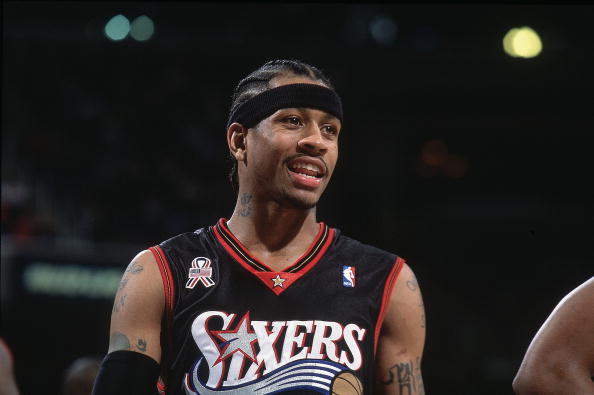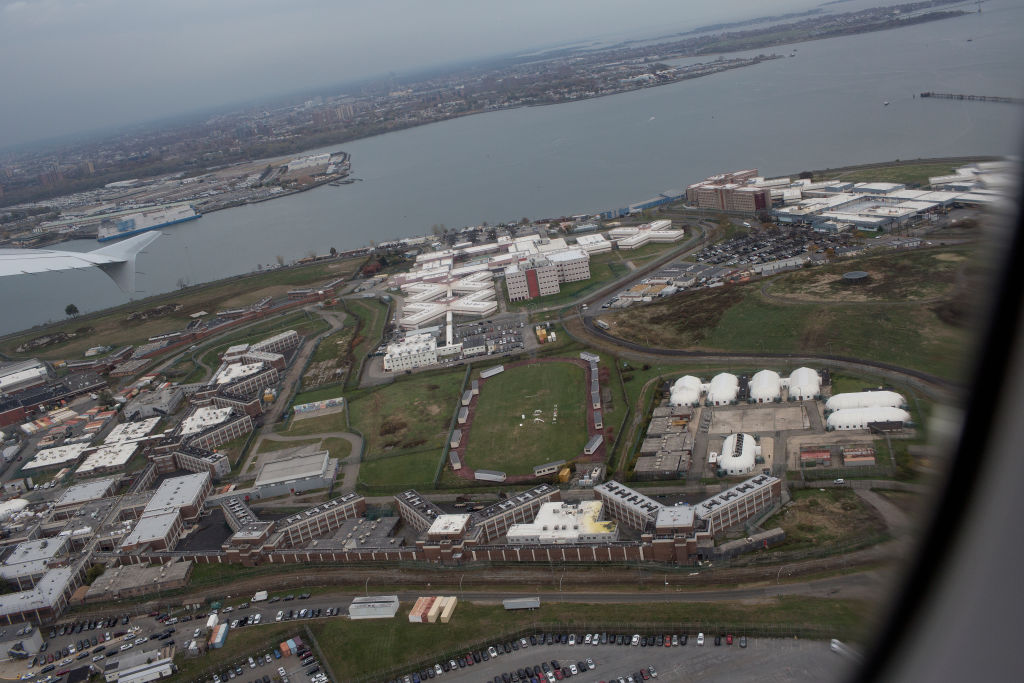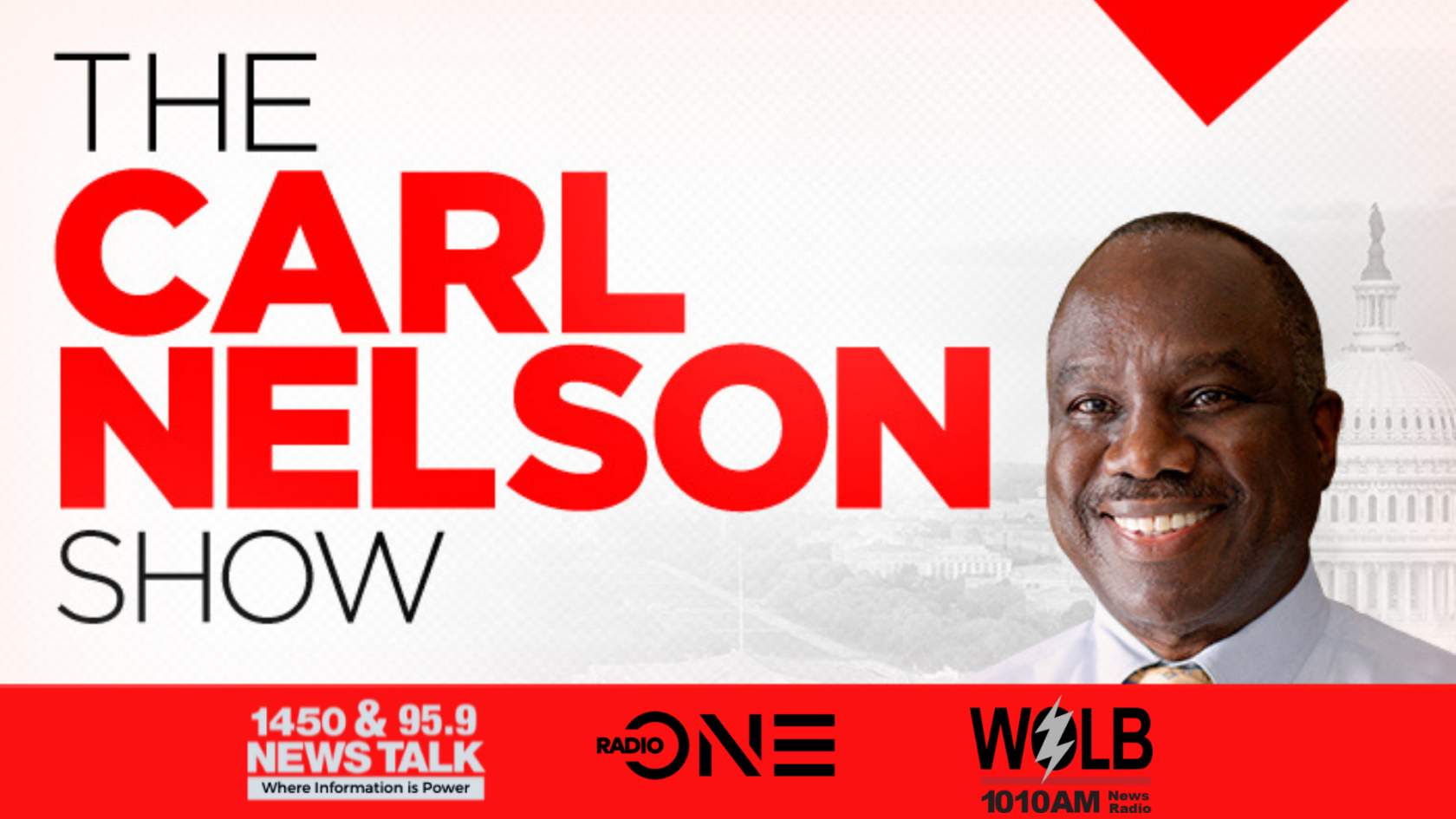Basketball’s Newfound Exclusivity Is Ruining The Next Generation
How Basketball’s Pricey Newfound Exclusivity Is Ruining The Sport’s Refuge For The Next Generation

Before Allen Iverson would become an NBA Hall-of-Famer, he was Bubba Chuck, the lightning fast kid who was far better at football than he was at basketball. He was a mythical figure in Hampton, Va., and a whisper along the East Coast. He was an argument in local barbershops about who was better between him and D.C. legend Kelli Taylor.
He was also dirt poor.
Iverson once lived in a house that didn’t have electricity or running water. There were days when he didn’t know how he was going to eat. He often was forced to take showers at his friend’s homes.
So basketball became a refuge, a place to be loved. A place to hide in plain sight and forget that there was no money at home. But that was back then. Back when a ball and a hoop was all you needed to become a legend. Back when basketball shoes were hi-tops and pick and rolls didn’t happen on blacktop.
Back when Allen Iverson almost became a statistic.
In 1993, Iverson was convicted of felony assault and sentenced to 15 years in prison after a dust-up in a bowling alley turned into an all-out brawl. Iverson’s mother made a visit to see coach John Thompson at Georgetown University, who made a visit to the first Black Virginia Gov. Douglas Wilder who got him released.
In short, basketball saved Allen Iverson.
It used to be that way. Basketball once had the ability to pluck promising young talent right off the streets and put them on a path to earning a career. Even the story of legends was the story of legend. Like former Houston Rocket Steve Francis perfecting his jump shot, shooting a basketball into the top of a broken phone booth when he wasn’t answering the phone for addicts trying to get a fix. Current Los Angeles Clippers guard, Kris Dunn, once played older kids in 1-on-1 for $20 a game so he and his brother could eat while his mom was in prison.
Because basketball wasn’t just a sport, it was a map and a road for those who thought they’d never find a way out. It was an answer to the unyielding pressure of hopelessness. It was a parable and a prophet; it was all things.
Or as Eastern philosopher Notorious B.I.G. once rapped, “either you’re slinging crack rock or you got a wicked jump shot.”
But poor kids are being priced out of a sport that used to be a savior.
On a recent episode of Gilbert Arenas’ YouTube talk show, Gil’s Arenas, former NBA power forward Kenyon Martin argued that basketball was no longer a poor kids way out and that the game has become “the new golf and tennis.”
“In order to be good at those sports, what do you need? … In order to be good at golf and be good at tennis, it takes money. … It always has.”
He added: “Tennis and golf, as a child… To put your child in these sports to become anything, it cost money to play tennis and golf. Shit ain’t free.”
Martin noted that the costs of both tennis and golf is outrageous because of private coaching, equipment and access to courts or golf courses. He added that basketball has become the same way.
“How many trainers are out here now for the game? Our game that we grew up playing for free,” he continued. “These dudes getting paid for that sh-t now. Whole academies just for basketball, right? IMG started as a tennis academy. I’m saying strictly tennis. You know how much money it cost to go to that shit?”
And he’s right. IMG Academy did start as a tennis academy and has expanded to include both football and basketball. According to their website the 2025-2026 school year can cost anywhere from $70,500 to $95,600.
Current IMG Academy NBA players include Zach Edey, Jarace Walker, Jett Howard, Keyonte George, Josh Green, Jonathan Isaac, and Jeremiah Robinson-Earl, Anfernee Simons, Dwight Powell, Keyonte George and, Kenyon Martin’s son, Kenyon Martin Jr.
Martin added that the access to better coaching, trainers, and weight lifting programs give an advantage to kids with money and access, which most “people from the hood” don’t have.
“The NBA kids that grew up on money, the NFL kids that grew up on money, they paying for these trainers now and they getting the knowledge of being in a [NBA or NFL] household,” he said.
Access. That’s the difference. That’s the advantage. The game that once saved Allen Iverson’s life is becoming so expansive that a talent like Iverson’s might’ve never been seen.
It’s this kind of access that got former NFL quarterback Teddy Bridgewater and current head coach of Miami Northwestern Senior High School suspended. The Florida High School Athletic Association (FHSAA) decided that Bridgewater spending some $70,000 of his own money to help his players with meals, transportation, preseason training camp and costs like field paint was considered a violation of “impermissible benefits.”
Despite 75% of the school’s enrollment being considered economically disadvantaged, Bridgewater tried to give back to the community using his own money because he cared. He shouldn’t have been suspended, he should’ve been heralded as an example of what caring looks like. He was trying to give his kids a look at how much better they could be when their basic needs are met. But that’s the problem that the rich won’t ever understand. IMG Academy looks like a college campus with a state of the art weight room and meanwhile, Bridgewater’s school didn’t even have enough money for field paint.
There’s always been a gap between the haves and the have-nots, but if sports are going the way of who has the most then poor kids don’t have a chance, and for some kids like Bubba Chuck it might’ve been the only way out.
How Basketball’s Pricey Newfound Exclusivity Is Ruining The Sport’s Refuge For The Next Generation was originally published on cassiuslife.com















